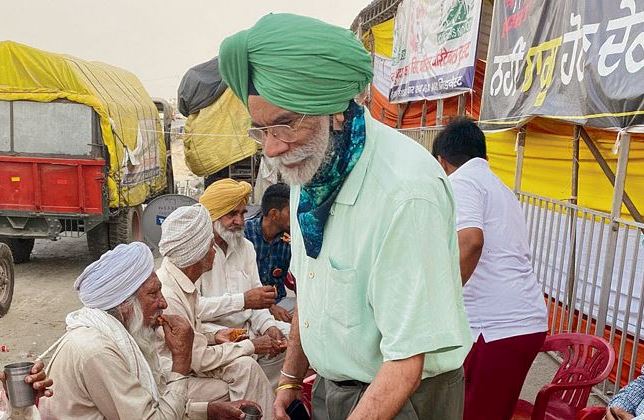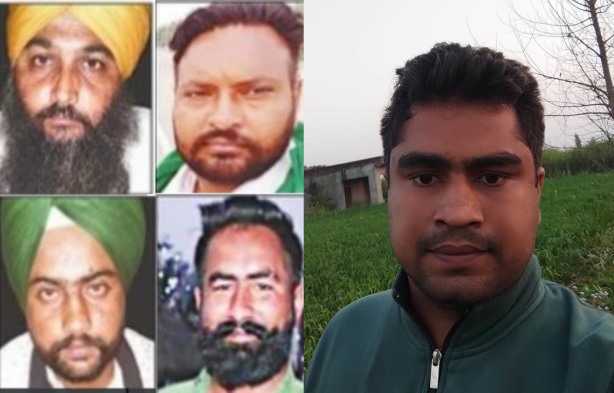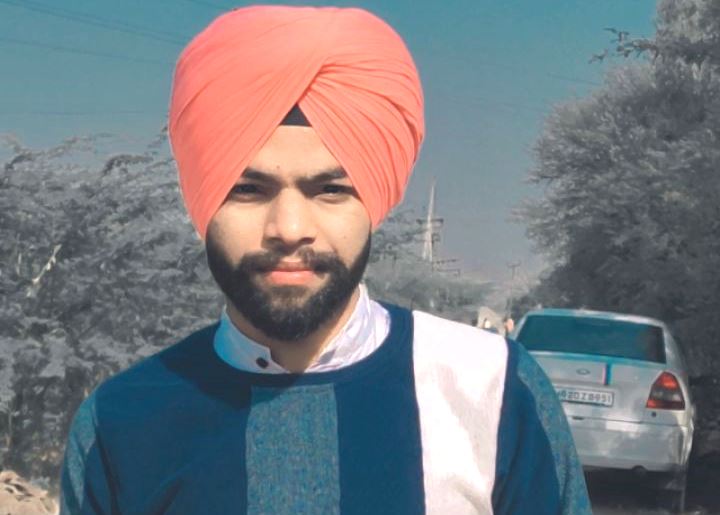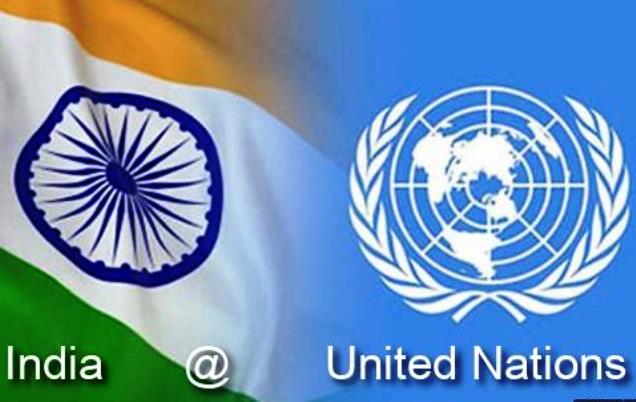Delhi Police conducted overnight joint coordinated raids at multiple locations in the national capital and arrested 30 people linked with the Popular Front of India, police said.
The raids were conducted in coordination along with the central investigative agency at several places including in Shaheen bagh, Nizamuddin, Rohini district and in the northeast district areas, officials said.
A total of 30 members of the group were put under preventive arrest after the police action.
According to Delhi Police, the suspects were planning a violent protest on a large scale across the city as well as a nationwide protest.
Electronic devices were also seized from these locations.
Delhi Police has also imposed Section 144 with effect from September 19 after receiving information that some people/groups may indulge in activities prejudicial to the maintenance of peace in the jurisdiction of the South-East District.
Information has also been received that such activities may seriously endanger life and property of the citizens and maintenance of law and order in the jurisdiction of South East District, police said.
Delhi Police has prohibited the carrying of ‘mashaals’ (live flame torch) or live fire candles or live fire in any form in processions, rallies, or functions, in the entire jurisdiction of Sub-Division New Friends Colony, South East District.
The order that came into force with effect from September 19 will remain in force for a period of 60 days up to November 17 this year, the Delhi Police said stating that any person contravening this order shall be punishable under Section 188 of the Indian Penal Code.
“Joint raids by a Central agency and Delhi Police are underway at places related to PFI in different parts of the national capital including Nizamuddin, Shaheen Bagh area. 30 people were put under preventive arrest while some others were detained,” said the Delhi Police.
According to the input of the central agency, the raids were also conducted in the northeast district including the Rohini district.
In Zone 1 of Delhi Police, around 18 persons were put on preventive arrest while in Zone 2, nearly 12 people were put on preventive arrest.
“Information has been received that some people/groups may indulge in activities prejudicial to the maintenance of peace in the jurisdiction of South-East District. And where information has also been received that such activities may seriously endanger the life and property of the citizens and maintenance of law and order in the jurisdiction of South East District,” said the police.
This order came into force on September 19 and shall remain in force for a period of 60 days up to November 17. Any person contravening this order shall be punishable under Section 188 of the Indian Penal Code.
In statewide raids in Karnataka, more than 75 PFI its political wing Social Democratic Party of India workers and leaders were taken into preventive custody, informed a police official.
“Over 75 PFI and SDPI workers and leaders have been taken into preventive custody, including the SDPI Yadgiri district president. The police raids are underway across the state. The cases have been booked under sections 108, 151 CrPC,” said Alok Kumar, ADGP Law and Order, Bengaluru.
The police conducted raids in Devanahalli, Bengaluru rural, Chikkaballapur, Chitradurga, Raichur, Hassan, Bellary, Bagalkot, Koppal and other districts in the state.
Mohmad Ismail, Raichur district ex-President of PFI was also arrested and sent to judicial custody. Three PFI leaders have been taken into custody in Mysore while two leaders have been taken into custody in Chamarajanagar. Eight PFI leaders have been taken into custody, including the district president in Mangalore. Four people from Hoskote, three from Chickaballapur and nine from Bengaluru rural have been taken into custody.
In Uttar Pradesh, the state’s ATS and UP Special Task Force took more than a dozen PFI leaders into custody in raids across the state, informed the police sources.
Crackdown on the Popular Front of India continued in Maharashtra as the ATS and local police conducted raids in various parts of the state and arrested various persons linked with the organisation.
“Raids by ATS and local police are underway on people associated with PFI in many parts of the state,” said the ATS.
The Thane Police informed that its crime branch has arrested four people associated with PFI.
The Nashik Police also arrested two persons liked with the organisation. Both the arrested persons will be produced before the court later today.
One of the two persons, identified as Mohammed Irfan who, according to the Nashik police, was earlier booked for holding an illegal rally in May this year.
According to local police, there were inputs against some persons, who are connected to PFI, were involved in illegal activities.
Raids are underway in Malegaon town also.
This comes in continuation of the crackdown started by the NIA and ED against the PFI on September 22.
The NIA had arrested over 106 members of the PFI during its largest-ever raids spread across 15 states.
The PFI was launched in Kerala in 2006 after merging three Muslim organizations floated after the Babri Masjid demolition in 1992 – the National Development Front of Kerala, Karnataka Forum for Dignity and Manitha Neethi Pasari of Tamil Nadu. After the demolition of the Babri mosque, many fringe outfits had surfaced in south India and PFI was formed after merging some of them. (ANI)
Read More:http://13.232.95.176/











